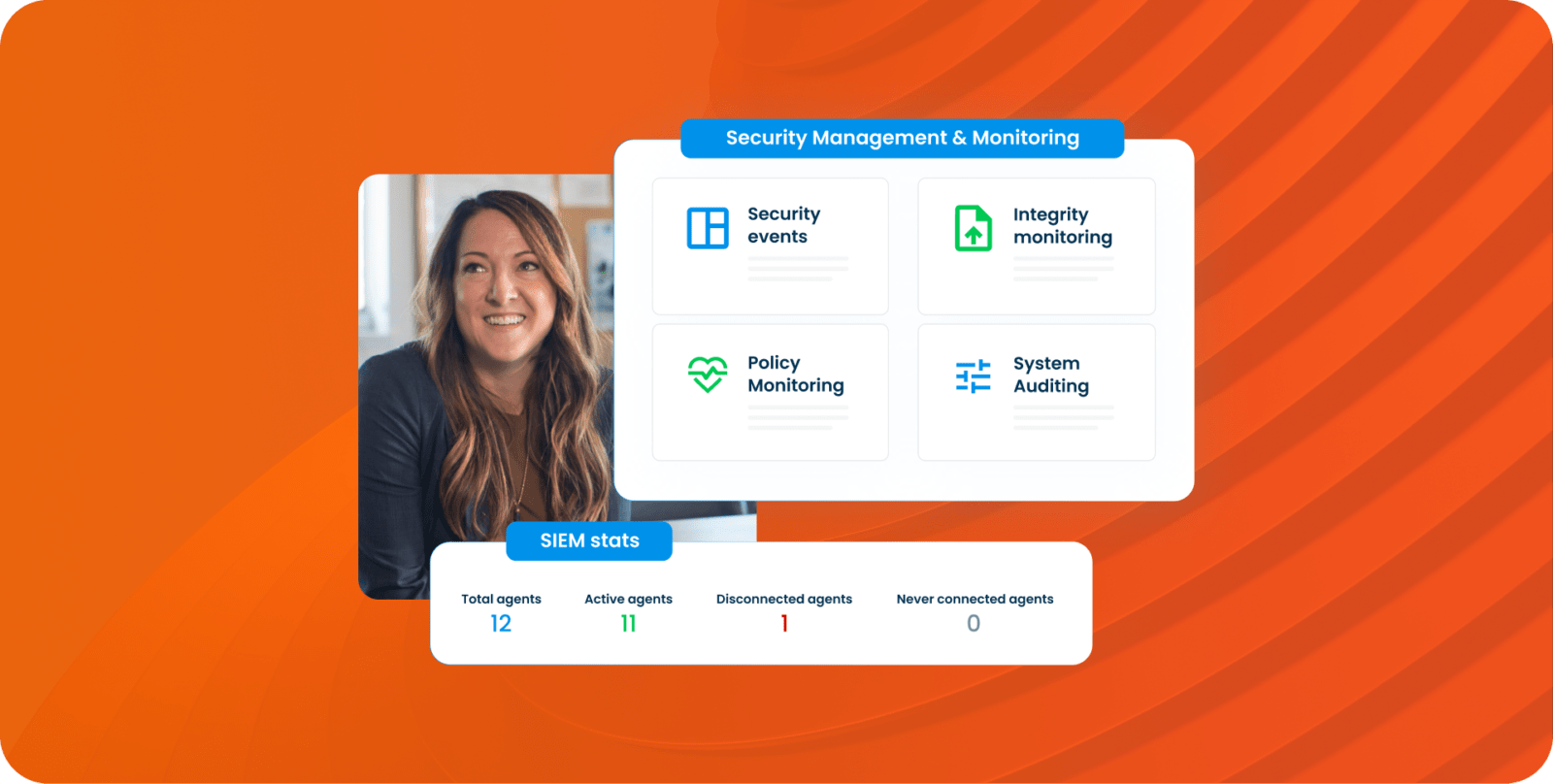Using the right tech tools in the right way is the best strategy for maintaining HIPAA compliance throughout your organization
In order to keep patients and their data safe, medical information is a highly regulated type of digital asset. Federal laws like HIPAA exist to protect healthcare providers and their patients by safeguarding data both when it’s in use and when it’s being stored. The complex system of rules applies regardless of whether the information is being stored on-premises or in the cloud. Here’s everything you need to know about how to achieve and stay in compliance using five of the best HIPAA-compliant cloud storage solutions on the market today.
What Is HIPAA Compliant Cloud Storage?
HIPAA is an acronym that stands for the Health Insurance Portability and Accountability Act. When the act first became federal law in 1996, it was designed to give patients control over who could access their sensitive medical details. Recent amendments to the law include the HITECH (Health Information Technology for Economic and Clinical Health) and HIPAA Omnibus Rules, which updated the legislation to reflect both the evolving cybersecurity threat landscape and widespread consumer privacy and data rights concerns.
Under HIPAA, protected health information (PHI) cannot be disclosed without the individual patient’s express knowledge or consent. Every company that handles PHI must be in compliance with HIPAA regulations, regardless of whether or not they are directly involved with providing healthcare services. For organizations that store data in the cloud, maintaining HIPAA compliance means aligning with the legislation’s four primary directives: privacy, security, breach notification, and enforcement.
Some of the standard protocols included in HIPAA compliant cloud storage systems include data classification, encryption, two-factor authentication, audit trails, access monitoring, and administrative controls. In order to be HIPAA compliant, cloud storage providers must also issue Business Associate Agreements (BAAs) that govern the nature of their relationship with the end user, and the agreement must be in place before any PHI is uploaded, stored, or used.
Learn more about the rules, regulations, risks, and benefits of healthcare cloud computing with Cloud Computing in Healthcare: A Comprehensive Guide.
What Does My Organization Need to Do to Be HIPAA Compliant?
While all companies that handle PHI are required to comply with HIPAA, it’s technically not possible for a tech platform to be HIPAA-compliant out of the box. Compliance depends on the big picture of an individual organization’s implementation and management of its tech tools. Even if a single cloud storage solution were perfectly aligned with every HIPAA rule, it’s still up to the company using that solution to deploy it correctly and ensure that the platform interacts with all the other systems it uses in a HIPAA compliant manner.
Most cloud storage companies promote themselves as “in support of” HIPAA compliance for exactly that reason; they want to advertise their careful adherence to HIPAA regulations, but they can’t claim responsibility for the way their end users will interact with their technology over time. That’s why it’s important for organizations to understand that the responsibility for HIPAA compliance falls to them. Many HIPAA compliant data storage providers offer educational resources and programs to ensure that their users get the support they need to implement the storage solutions appropriately while remaining in compliance.
The 5 Best HIPAA Compliant Cloud Storage Solutions
#1: Box
Box is a secure cloud storage and file sharing solution that promotes itself as compliant with HIPAA, HITECH, and the HIPAA Omnibus Rule. Because Box supports secure viewing of DICOM medical files (Digital Imaging and Communications in Medicine) like x-rays, ultrasound images, and CT scans, it’s often a number one choice for healthcare providers. The solution’s other HIPAA-compliant features include data encryption, access restrictions, activity reporting and audit trails, and employee security training. Box also offers disaster mitigation services through mirrored, active-active data facilities.
More than 90% of healthcare industry IT professionals recommend utilizing cloud computing. Read more in our free report, Cloud Computing Adoption in Modern Healthcare:

#2: Carbonite
Carbonite has been one of the leading HIPAA compliant cloud backup solutions since 2005 (which is to say it supports HIPAA compliance when deployed correctly). The company’s HIPAA-focused security features include 256-bit AES encryption for data at rest, Transport Layer Security for data in transit, global data deduplication, and multiple encryption keys across data sets. Carbonite also helps protect PHI from human error by keeping encryption transparent to employees, offering read and write access controls, and enabling port lockdowns in the event of unauthorized attempts to copy or remove protected data.
#3: Dropbox
Dropbox supports HIPAA compliance by offering its users detailed security recommendations like configuring custom sharing permissions, disabling the ability to permanently delete files, monitoring account access and user activity, and understanding the impact that third-party applications and integrations have on overall compliance. Like many of the other HIPAA compliant storage solutions on this list, Dropbox makes third-party reports available in order to prove they have taken all the necessary measures to remain in compliance with HIPAA rules internally.
#4: Google Cloud
The entire G Suite — including Google Drive — is considered a HIPAA-compliant platform, but non-core services must be disabled in order to maintain compliance. In addition to the company’s internal security measures, Google Cloud supports compliance by encouraging users to implement HIPAA best practices like identity and access management, high-level encryption, version and access controls, audit logs, etc. To demonstrate their compliance, Google Cloud offers users a range of industry-standard audits and certificates, including SSAE16/ISAE 3402 Type II, ISO 27001, ISO 27017, ISO 27018, FedRAMP ATO, and PCI DSS v3.2.1.
#5: Microsoft OneDrive
Microsoft was one of the first cloud service providers to offer healthcare companies BAAs, covering products including OneDrive for Business, Azure, Dynamics 365, Office 365, and Power BI. The company’s HIPAA-compliant security measures include 256-bit AES encryption and 2048-bit keys establishing SSI/TLS connections and ISO/IEC 27001 and HITRUST CSF certifications. Microsoft also requires all its vendors and subcontractors to uphold the same HIPAA-compliant standards and restrictions regarding PHI.
Cloud computing and cloud storage can help companies achieve incredible results, but not every IT professional is up to speed on the best ways to implement cloud technology. DuploCloud can help with that! Our DevOps automation platform is designed to help small- and medium-sized businesses accomplish cloud provisioning at 10x the speed and reduce costs by 75%, all using a fully compliant low-code/no-code solution. Learn more about how your company can design, develop, and deploy HIPAA compliant cloud-native applications today.








